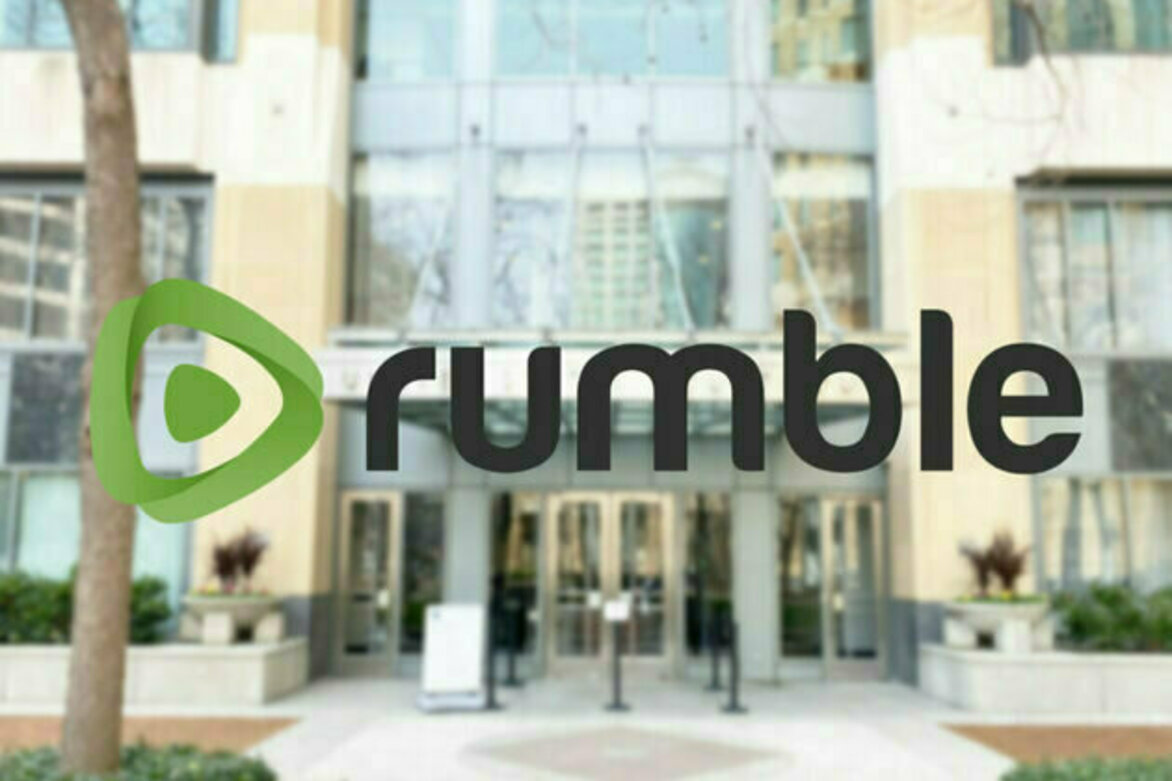Google 'rumbles' with Rumble over antitrust claims
CN
07 Feb 2025

OAKLAND, Calif. (CN) - Google fought an antitrust lawsuit in federal court Thursday brought by Rumble, a rising rival video platform that claims the tech giant is using its monopoly power to promote YouTube over similar video sites.
"Once a YouTube video is placed above other platforms on the search results, a rival cannot hope to compete on another Android system's home screen," Attorney Jack Stern of Cadwalader Wickersham & Taft, who represented Rumble, told the court.
Rumble added that Google's supposed violations of the Sherman Act were "new acts," not "ongoing" ones that passed the antitrust law's four-year statute of limitations, as the tech company made them out to be.
Google fired back that the rival company was overstating the influence of its search results, arguing that the effects of any claimed self-preference could not be substantial.
"Roughly less than 1% of views on YouTube come from people who click on [search] links," Attorney John Schmidtlein of Williams & Connolly, who represented Google, said in court.
Google also claimed that Rumble lacked specific, numbers-based evidence against it.
"I don't think there's any disagreement that in this case, you have to put some quantitative calculation around it. Otherwise, we're just waving at thin air," Schmidtlein said.
If the judge does not find in favor of Google, a trial is set for May.
YouTube was already the most popular video-sharing platform on the planet when Google acquired the company in 2006. With a little help from the website that used to just do search engines, the video site has grown into a media powerhouse that streams everything from cat videos to presidential debates and raked in $50 billion in revenue last year.
Rumble is an online video-sharing platform founded in 2013 as a YouTube alternative for independent vloggers and small content creators.
The website has become the preferred YouTube alternative for Trump-style conservatives in recent years, with 67 million monthly users recorded in late 2024, according to financial documents filed with the U.S. Securities and Exchange Commission.
Lately, Rumble has leaned into its audience, even going as far as hosting cloud services for MAGA social media platform Truth Social and securing exclusive online streaming rights for the Republican presidential debates.
Rumble filed suit against Google in January 2021, claiming the titan video platform placed YouTube's results above its own, even when the search terms specifically included Rumble's name.
"It is Google's unlawfully acquired monopoly power in the relevant market that has allowed it to pay so little and keep so much of the advertising revenue," Rumble said in its complaint.
Google tried to get parts of the case dismissed, but U.S. District Judge Haywood S. Gilliam refused in July 2021, stating that Rumble adequately pleaded its claims.
Google filed for summary judgment in October 2024.
The Barack Obama-appointed judge, who heard Google's recent motion for summary judgment, entered the courtroom to stacked legal tables - four attorneys on Google's side and five on Rumble's.
Although many of the documents are still under seal in this case, including those that contain both sides' arguments for summary judgment, the lawyers argued in open court at length about the case's statute of limitations.
Google characterized Rumble's accusation as a "flavor" of a refusal to deal case, referring to a provision of the Sherman Act regulating the behavior of large firms.
Under the Sherman Act, businesses with significant market power are allowed to choose their partners, except when their refusal to deal with another firm helps to maintain their monopoly, which could be an antitrust violation - that is, when it impairs a rival's ability to compete effectively.
This, Google says, supports its interpretation that Rumble is addressing an expired injury rather than a new one.
"If you come back and knock on my door five years later and say, 'I'm back,' and I still refuse to deal with you, that doesn't start a new injury," Schmidtlein argued.
The judge did not indicate when he would issue a ruling but mentioned he would try to get it out as soon as possible.
This case was filed in the Northern District of California and heard at the Ron V. Dellums Federal Courthouse in Oakland, California.
Google can't catch a break recently when it comes to antitrust scrutiny.
Earlier this week, Google tried to deflect different antitrust claims in the Ninth Circuit, arguing it can't be a monopoly because it fiercely competes with Apple.
In November, the Justice Department argued that a federal judge should order Google to break up its virtual monopoly by selling off properties like its Chrome browser and Android operating systems.
Source: Courthouse News Service
